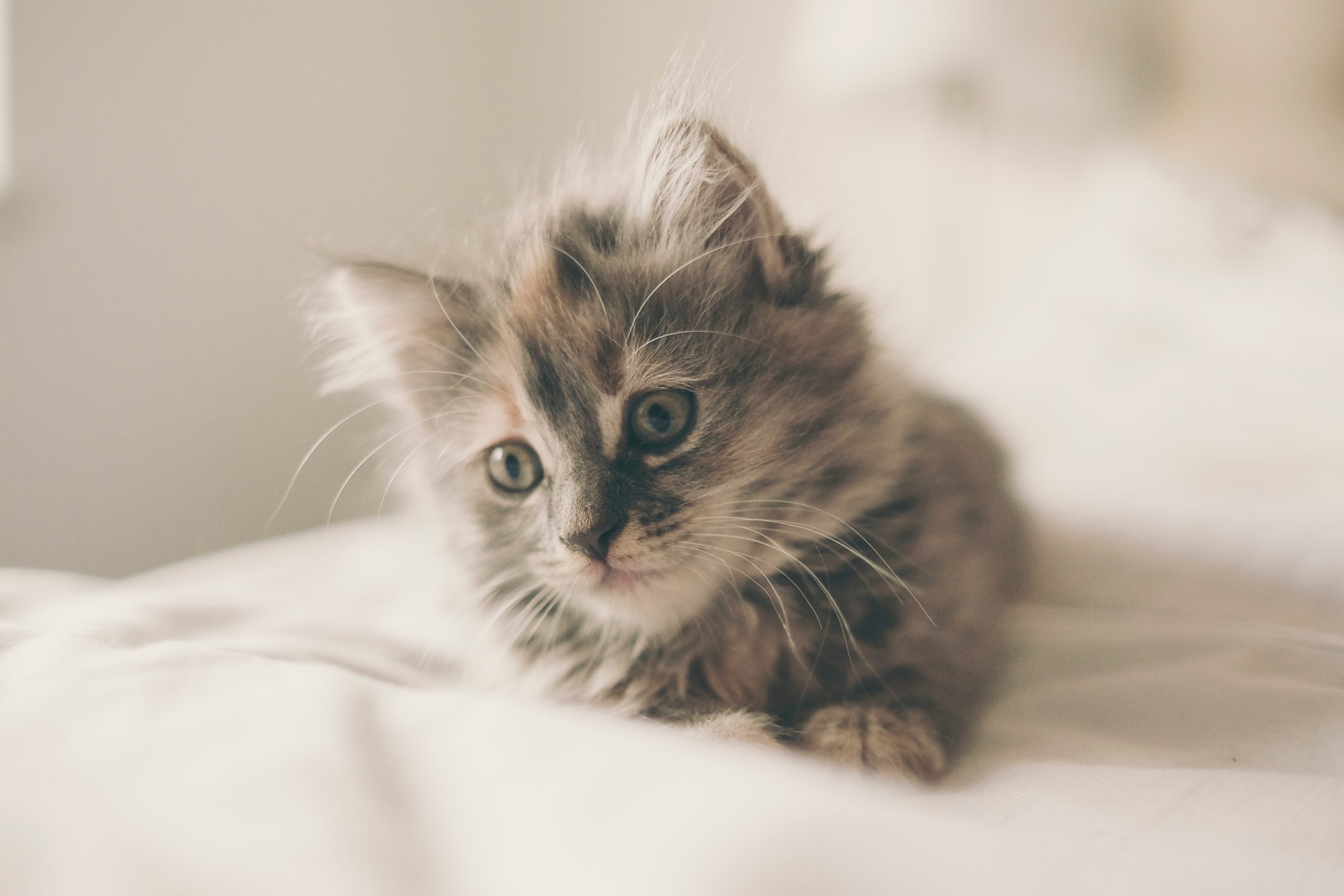If you listen to a Japanese conversation, you will often hear the word ‘Kawaii,’ which arguably is one of the most frequently used Japanese words in everyday conversation.
Meaning of ‘Kawaii’ and pronunciation
Kawaii (かわいい)
cute, good, nice, lovely, beautiful
“I like it!”
‘Kawaii (かわいい)’ is pronounced ‘ka-wa-i-i’ in four syllables. It’ s principal meaning is ‘cute,’ and you can use it to describe something small or little such as babies, animals, or other small things. However, people use ‘Kawaii’ for almost everything nowadays, even for elephants, Shinkansen (bullet trains), or houses, whatever.
It doesn’t only mean ‘cute,’ any more. ‘Kawaii’ has other meanings, including ‘good,’ ‘nice,’ ‘lovely,’ ‘beautiful.’ I think that ‘Kawaii’ used to be preferably used by women or young Japanese people, but now, almost everyone can use this term. You can say this word anytime when you want to say “I like it!”
[I-adjective] Conjugation for ‘かわいい Kawai-i’ in plain style (a casual way):
かわい kawai-i (positive)
かわいくない kawai-kunai (negative)
かわいかった kawai-katta (positive, past-tense)
かわいくなかった kawai-kunakatta (negative, past-tense)
‘Kawaii’ kills Japanese vocabulary?
Some Japanese people — who don’t think they are young anymore — criticise young people for lacking vocabulary. There may be the same phenomena all over the world; older people are not always comfortable with the language of the next generation.
They may be right in a way, and ‘Kawaii’ might be one of the ‘killers’ of Japanese vocabulary. Lots of Japanese terms were taken over and replaced by ‘Kawaii’ in casual conversations. Everything is ‘Kawaii’ in Japan and this flood of ‘Kawaii’ words brings me to a sarcastic thought.
There are lots of ‘Kawaii’ things in Japan
Disappointingly, Japan still is a male-centred country, although it has been changing little by little. It is more like a man who chooses a woman rather than a woman chooses a man. When a Japanese man selects a woman as his partner, he tends to prefer less mature woman than he is. He wants to be ‘superior’ than his partner. In fact, the women who are more intelligent (or having a better academic background), who can make more money or who are taller than men are less popular amongst Japanese men.
I may sound nasty saying that, but it is the case. That’s why people like ‘Kawaii’ to spread nationwide because ‘Kawaii’ also can mean ‘immature’ or ‘childish.’
‘Kawaii’- one of the most useful Japanese words
Anyway, ‘Kawaii’ is quite useful for Japanese learners. You can describe everything which you like and it sounds positive most of the time.
One thing that you have to be careful is that some people don’t want to be described as ‘Kawaii’ even when you mean in a positive way. People — for example, some Japanese men — who want to look ‘mature’ don’t want to hear other people saying that they are ‘Kawaii.’




Comments